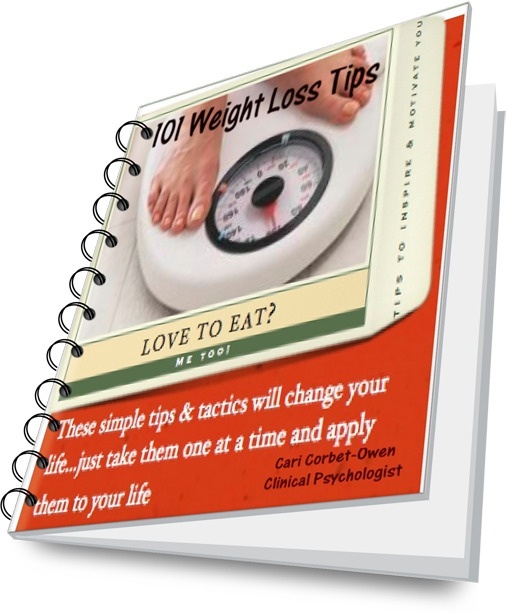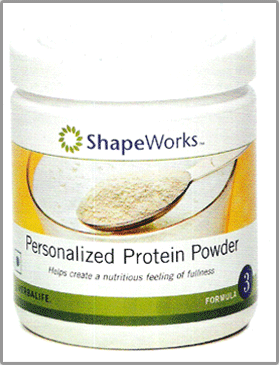canned food nutrician
Question
QUESTION: Not being close to a market, I stock up on canned fruit and veggies. Canned vs. fresh? Am I missing enough goodies to hurt me?
Thanks
ANSWER: While eating fruits and vegetables is important, getting fresh ones adds to the nutritional value. Below, I've given you some information from my doctoral research paper. It shows the amounts of nutrient lost through various forms of processing of our foods.
Unless you live on a farm and grow all of your own fruits and vegetables, the food that you eat for breakfast, lunch, and dinner travels great distances by various means. In fact, the distance that the average fruit or vegetable travels before getting to your home is between 1500 and 2500 miles. But even if you purchase local fruits and vegetables, storage still results in a loss of nutrient value. Studies show that this loss occurs even when the foods are refrigerated. For example, green beans will have lost 90% of their ascorbic acid after a little over two weeks in the refrigerator. Likewise, broccoli will lose 50% of its ascorbic acid and beta-carotene after only five days in the refrigerator.
The types of containers used to store foods also play a role in a nutrient loss. Research has demonstrated that than vitamin C in orange juice is lost when the juice is stored in wax or plastic containers. By comparison, the vitamin C remained in the orange juice when it was stored in glass containers. Conversely, vitamin C in tomato juice is better retained when the juice is kept in cans as opposed to glass containers.
Further preparation of food by washing and cutting it up for consumption continues this cycle of nutritional depletion. It is obvious that washing the foods will cause a loss of all water-soluble vitamins, such as vitamin C and the B-complex vitamins. The process of cutting or shredding the food also results in depletion of such nutritional elements as thiamine, carotenoids, and flavonoids.
Cooking is the final assault on the little nutrient value that remains in the foods. Heat is one of the more damaging elements in the food preparation process. Vitamin C and the B-complex vitamins are particularly vulnerable to heat. Carotenoids and retinoids are also heat-sensitive. In addition, exposure to water during cooking can leach out the vitamins, minerals, and flavonoids from the food.
Freezing appears to be the best means of keeping a better quality of nutrient value in harvested fruits and vegetables. For fruits, the best practice is rapid freezing and thawing in an airtight container. For vegetables, the nutrient value is saved provided that the vegetables are blanched prior to freezing.
Canning is not as effective a storage process as freezing, particularly for vegetables. The most notable loss in canned vegetables is the amount of thiamine. Research has demonstrated that canned vegetables lose up to three times the amount of thiamine lost in frozen vegetables.
Other nutrients like vitamin C, niacin, and riboflavin don抰 fare much better. The loss of these nutrients in canned vegetables is almost twice that of their frozen counterparts. Refining of foods continues to place the fruits and vegetables in a state of nutritional depletion.
It has been known for many years that the processing of wheat and other grains to make flour for bread, pastas and breakfast cereals removes a great deal of the nutritional value of those grains. The processing of these grains involves the removal of the germ and bran portion of the plant.
Unfortunately, this is where the majority of the vitamins and minerals are contained. Major losses are seen in thiamine, vitamin B6, folic acid, riboflavin, niacin, calcium, iron, and magnesium.
Using wheat as an example, processing causes the following losses to be seen:
? 70% loss of vitamins, minerals, and fiber
? 25% loss in protein
? 90% loss of manganese
? 85% loss of zinc and linoleic acid
? 80% loss of magnesium, potassium, copper, and vitamin B6
It抯 been estimated that 70-80% of the overall nutritional value of grains is lost in the processing. This loss has so much impact on human health that the government has mandated that certain nutrients be placed back into the bread and cereal products.
Grains, fruits, and vegetables are not the only things that suffer nutritional depletion to the refining process. Vegetable oils, such as peanut and olive oils, are rich in vitamin E and phytosterols. Studies show that hydrogenating, bleaching, deacidifying, and deodorizing causes significant decrease in vitamin E. In addition, the refinement processes can cause losses in phytosterols at levels ranging from 8% up to 43%.
Thank you for your question, Ralph. I hope that my answer has helped you. You can get my entire report on my website at www.JerryRyanPhD.com under the Free Downloads section.
---------- FOLLOW-UP ----------
QUESTION: I'm sorry. Is that a yes or a no?
Over the long term, the answer is yes because canned foods lose some of their nutritional value during the canning process and during storage.
Sorry that the answer was confusing, Ralph. I just wanted to show you that all processing takes away from the nutritional value of foods. Fresh foods are better.
Thanks again for your question.
Related Articles
-
Acidity-alkalinity and sodium-potassium balance
QuestionMy naturopath thinks Im acidic and he recommended that I
-
Weight loss plan and online tools for a teenager
Questionid like to lose from 10-15 pounds in 1-2 months ... right
-
Getting the proper amount of calories and exercise
QuestionHello Richard, My name is Ashley and Im a 26 year old la
-
Sibo
QuestionHi, I have a four yr old who just had the breath test pos
-
Alli and dieting
QuestionIm 185 myself, but I have to fight to keep it there. &nbs
-
My daughters inquiry to you
QuestionA few days ago, my 16-year old daughter, Emilia, wrote to
More Great Links




